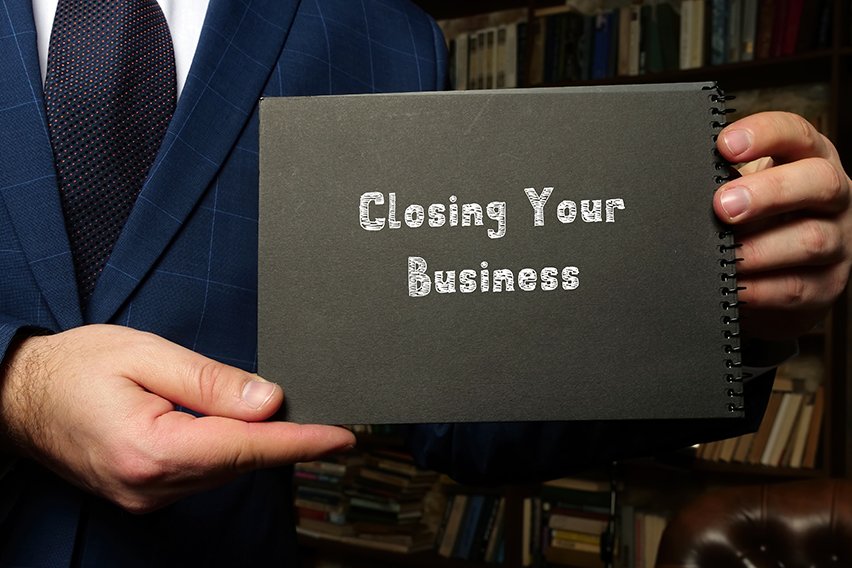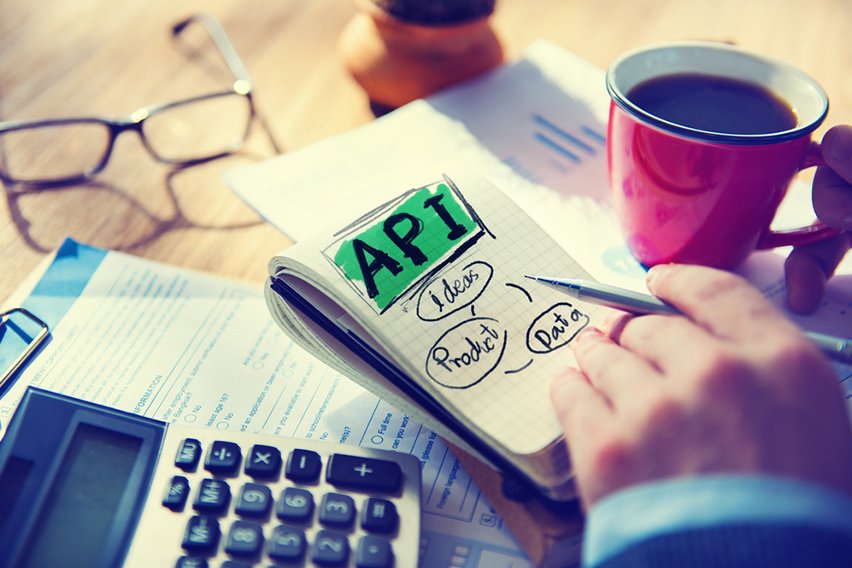Can a Business Owner File for Unemployment?

When a crisis strikes, such as a natural disaster or a pandemic, many businesses may be forced to close. This would normally be because they don’t fall under the bracket of an essential business. But this could also be due to decreased income or lack of available employees.
We have seen this recently with the coronavirus pandemic. Across the country, hundreds of thousands of Americans had to file for unemployment.
But if you are the sole proprietor of your business and you are forced to shut, are you eligible for unemployment benefits?
We’ll take a look at the rules and what your rights as a business owner are.
Here’s What We’ll Cover:
Unemployment Eligibility as a Business Owner
Unemployment Eligibility From Previous Employment
How to Apply for Unemployment as a Business Owner
Unemployment Eligibility as a Business Owner
As a business owner, you can face significant losses if you are forced to close due to circumstances beyond your control.
Your eligibility as the business owner to file for unemployment can rely on a number of factors.
One of the main factors is whether or not you have filed your business as a W-2 employer.
Your business would need to be a qualified employer. Meaning you pay into the unemployment programs via your taxes.
If you are, then unemployment insurance should be available to all W-2 employees.

The issue here is that owners tend to form their businesses without setting themselves up as a W-2 employer. They also tend to not set themselves up as a W-2 employee.
Most owners skip this step to save time and money. But it means that if you end up being in a position where the business has to close, you don’t have the cushion of being able to file for unemployment.
Though it is important to note that the U.S. Department of Labor changed its requirements in the light of the COVID-19 pandemic. If you are set up as an employee, you may be eligible for unemployment if your business closes completely, but also if:
- The business closes temporarily due to COVID-19 related reasons
- You have to quarantine and are expected to return to work afterwards
- You have to leave your job because of the risk of exposure or to care for an ill family member
Unemployment Eligibility From Previous Employment
If you have not set your business up as a W-2 employer or yourself up as an employee then there are still options available to you.
If you have only recently become a business owner, there is a chance that you can file for unemployment on the back of your previous job.
There tends to be a minimum base period of being employed for at least a year in your previous job.
If you don’t have the work history to use this exception, it is worth checking your state laws. This is because your state may have exceptions where you can qualify with less work history.
How to Apply for Unemployment as a Business Owner
At this point, you’ve determined whether or not you’re eligible to receive benefit payments and can claim for unemployment. The next step would then be to apply directly with your state office. This is because the federal government does not process unemployment claims.
Once you’ve applied, your state will send you two forms:
- One that you complete as an employee
- One that you fill out for your business
Different state offices require different items for the process. It’s best to check with your local state office, but the best ones to start gathering are:
- Last year’s pay stubs
- Business returns and a personal tax return
- Your Employer Identification Number or social security number
Once you have qualified for these benefits, you have to be ready, willing and able to work while you’re receiving unemployment benefits.
To prove this, you have to file weekly claims indicating that you are actively seeking work. You’ll also have to register for work at a state unemployment office.
However, if you are unable to work, you may have other options under disability or leave laws.

Other Options
If you’ve exhausted your options and still don’t qualify for benefits, then here are some other ways to get financial assistance:
- SBA disaster relief loans
- Business insurance policies
- State disaster relief
- FEMA disaster relief
- Borrowing against your retirement accounts (many companies are now waiving penalties)
Key Takeaways
In the light of the recent pandemic, there have been a huge amount of people forced to file for unemployment assistance.
It’s important that you realize that this aid is here to help you. There should be no stigma attached to claiming the benefits you need during a difficult time.
As a business owner, it’s vital that you understand the process and make sure that you are prepared for any future crisis’.
Are you looking for more business advice on everything from starting a new business to new business practices?
Then check out our resource hub.
RELATED ARTICLES

 What Is Business Process Outsourcing (BPO)?
What Is Business Process Outsourcing (BPO)? What Are Business Insights?
What Are Business Insights? Discrete Manufacturing vs. Process Manufacturing – What’s the Difference?
Discrete Manufacturing vs. Process Manufacturing – What’s the Difference? How to Close a Business: A Step by Step Guide
How to Close a Business: A Step by Step Guide 5 Best Advertising Strategies for Small Businesses
5 Best Advertising Strategies for Small Businesses What Is an API Key, and How Are They Used?
What Is an API Key, and How Are They Used?